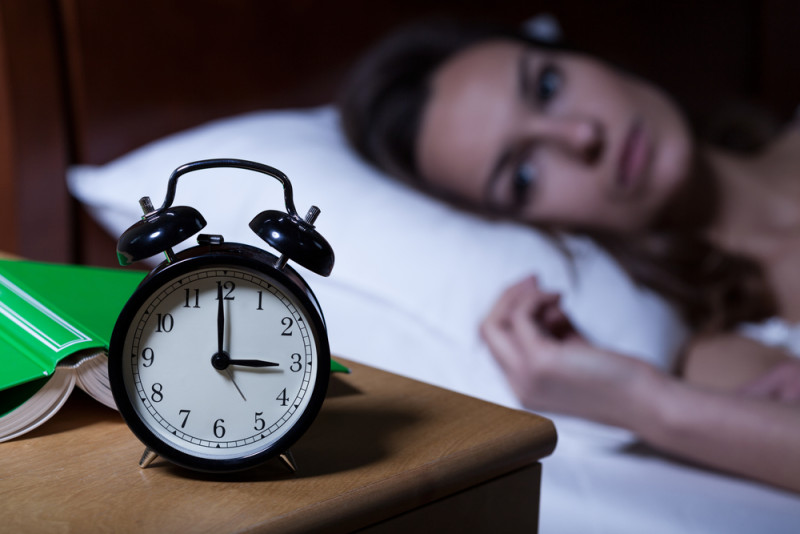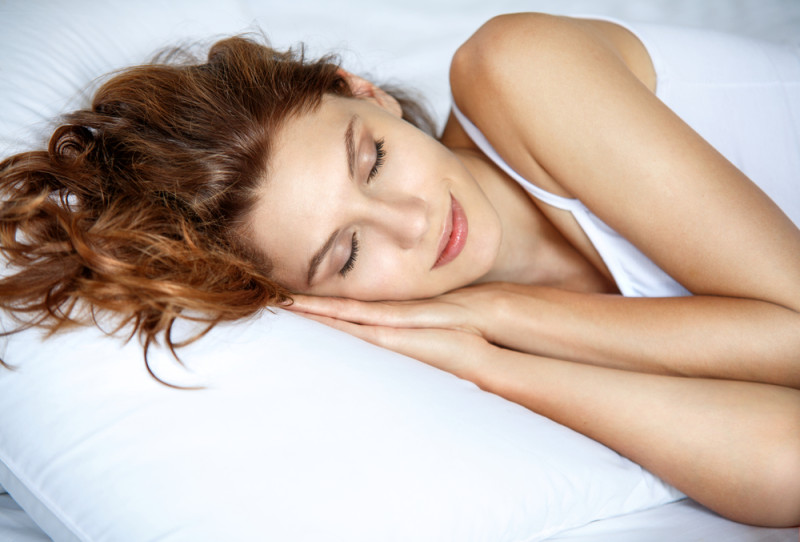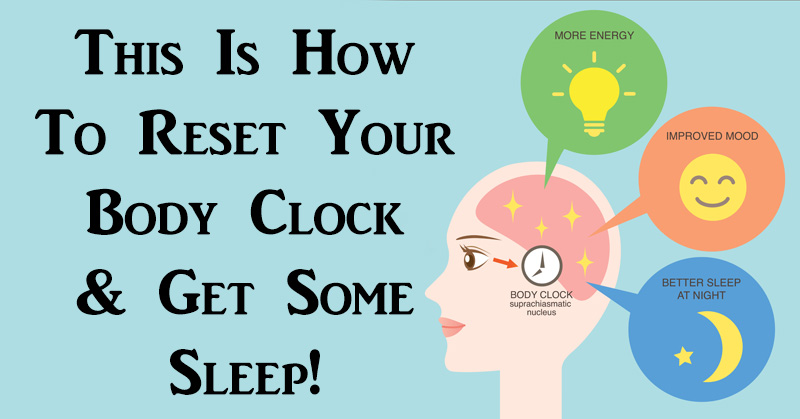You probably know that sleep is important for your health, but are you really getting enough? According to the National Sleep Foundation, adults ages 18-64 years old need 7-9 hours of sleep per night. But with more Americans working overtime, having long commute times and constantly glaring at their phone screens, it’s no surprise that many American adults aren’t reaching that number.
Without an adequate amount of sleep, the body begins to suffer. Short-term problems of not getting enough sleep include impaired memory, stress and mood swings, lack of concentration and constant fatigue. Over time, sleep deprivation can affect every part of your body. It puts you at risk for serious conditions such as high blood pressure, diabetes, heart attack, heart failure and stroke.

If you aren’t getting enough sleep, there’s something simple that could help. A recent study found that spending a few days in the great outdoors could be just what you need to reset your internal clock and finally get some sleep.
The Study
The two-part study was published in Current Biology. Researchers took one group of people to Colorado’s Eagle’s Nest Wilderness for a weekend. Another group of people stayed home. The group that spent time in nature wasn’t permitted to use any source of unnatural light. They could only use the campfire and the sun. Each participant wore a watch that measured the levels of light they received. After two days, researchers conducted a series of tests.
Kenneth Write, an integrative physiology professor at the University of Colorado, Boulder was the lead author on the study. He said, “These studies suggest that our internal clock responds strongly and quite rapidly to the natural light-dark cycle.”
He continued, “Living in our modern environments can significantly delay our circadian timing and late circadian timing is associated with many health consequences. But as little as a weekend camping trip can reset it.”

Resetting Your Circadian Timing
The research shows that your pattern of sleep depends on the hormone melatonin. Melatonin physiologically prepares the body for sleep by coordinating the circadian rhythm. The release of melatonin is partially controlled by the light in your environment.
After the participants spent a summer weekend in nature, researchers found that their melatonin levels had gone up. For the second part of the study, researchers conducted the same experiment in the winter. These participants also saw a rise in melatonin. The natural sun light helped to increase melatonin levels in the body during both seasons, improving circadian rhythm.
If your circadian rhythm is disturbed, trouble sleeping isn’t the only problem you’ll experience. A disturbed circadian rhythm is associated with numerous health problems, including mood disorders, diabetes, obesity and poor cognitive performance.
While camping on a regular basis might not be realistic for you, researchers say that getting more natural bright light during the day can help with sleep problems. Turning off your cell phone and laptop an hour or two before bed time can also work wonders for your sleep quality!

Sources:
IFL Science
National Sleep Foundation
Cleveland Clinic
University of Colorado Boulder
Cell Press Nucleus
National Sleep Foundation


